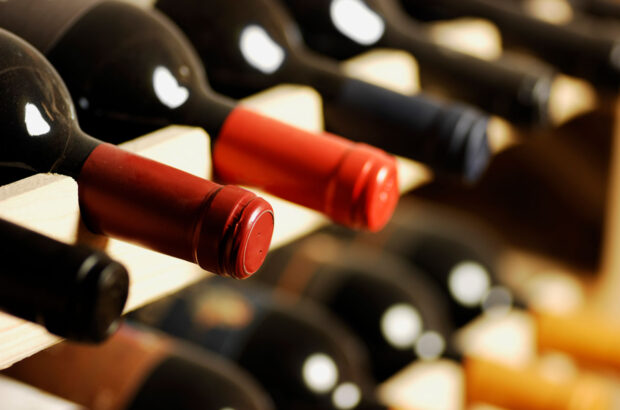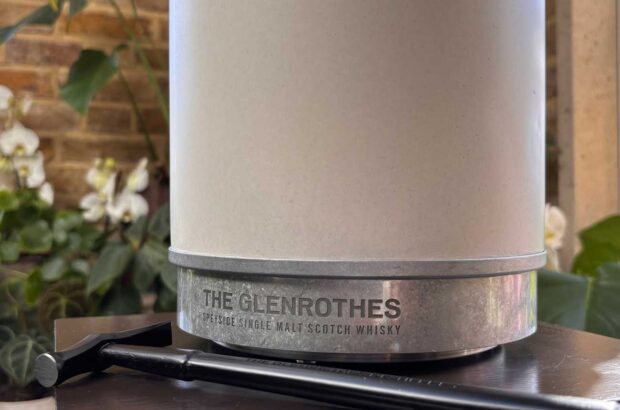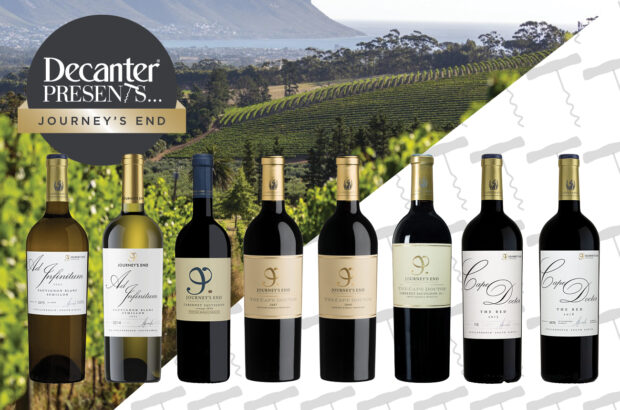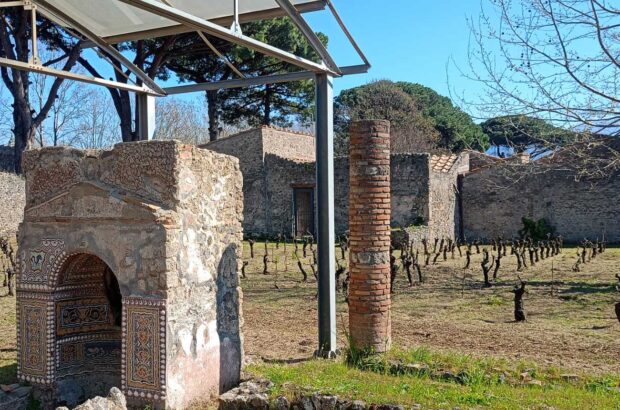The Wine Advocate's arrangements in Spain last year created 'inappropriate ambiguity' and fell short of the high standards the organisation sets itself, an investigation has found.
Parker: ‘ineffectual’ management?
Philadelphia legal firm Cozen O’Connor was appointed by Robert Parker in December to investigate allegations that Wine Advocate representative Pancho Campo MW through his organisation The Wine Academy of Spain was effectively charging bodegas, via their consejos reguladores, for access to Wine Advocate correspondent Jay Miller.
The investigation ‘did not reveal any evidence that Jay Miller received anything of value to visit wineries or taste wines on behalf of The Wine Advocate,’ the firm found.
But, it went on, ‘arrangements in Spain – whereby tastings for The Wine Advocate were allowed to occur in close proximity to paid, private events – created an appearance of impropriety that fell short of the high standards that The Wine Advocate set for itself.’
Cozen O’Connor said in its summary, published yesterday, that Pancho Campo and his organisation The Wine Academy of Spain ‘blurred the lines between tastings for rating in The Wine Advocate and TWAS-sponsored private events’.
Decanter writer and award-winning blogger Jim Budd, followed by other bloggers including vinography.com as well as senior Spanish commentators such as Jose Penin, last autumn published emails between TWAS and consejos in Navarra, Madrid and Murcia which they alleged showed consejos were told considerable sums would have to change hands in order for Miller to visit and taste the wines.
The allegations caused a storm of controversy which Parker condemned as a ‘lynch mob rush to judgment’, decrying the bloggers’ ‘reckless and malicious disregard for the truth’, before he distanced himself from Campo and announced the investigation.
One of the key planks to Budd’s case, that Murcia organisation Asevin solicited money from wineries, was upheld by the report, though it exonerated Campo, TWAS and Miller of any knowledge of Asevin’s dealings.
It also found, as Budd had alleged, that Campo, with his ‘myriad, legitimate commercial relationships with wineries across Spain’ was allowed to chose at least some of the wineries that Miller visited.
There was little or no supervision by Parker or the Wine Advocate of the situation in Spain – for example, the report found, TWAS submitted invoices ‘with no supporting documentation-i.e., no actual receipts of its or Jay Miller’s expenses in Spain.’
Although it makes clear there was no intended impropriety, Cozen O’Connor said lines between paid-for and unpaid events were so blurred that it is likely Miller tasted wines for the Wine Advocate at bodegas whose owners thought they had paid for him to be there.
‘Even though the contracts expressly stated that these visits were not related to the paid event, the close proximity of the private events to these local tastings had the potential to create an inappropriate ambiguity between the two in the public eye.
‘Thus, it is likely that, at some point after May 2011, Jay Miller tasted wines for The Wine Advocate (i.e., unpaid) on a visit to a winery that – unbeknownst to Miller – could have been perceived as part of a paid event.’
The report said the resignation of Jay Miller in December 2011 was pre-planned as early as January of that year and had nothing to do with the allegations.
In conclusion, the report recommends the Wine Advocate’s severing all dealings with Pancho Campo, tightening its standards for writers, revising its contractor agreements and implementing stricter rules for the claiming of expenses.
Crucially, it said the Wine Advocate should not publish any ratings of wines submitted by Miller after 30 June 2011.
Campo has since sold The Wine Academy of Spain – to a company of which he is also a director – in order to work on non-wine events, partly he said as a result of the controversy.
A statement from The Wine Academy said, ‘The Wine Academy regrets that the organization of several private events could have created an appearance of impropriety. We deeply apologize to The Wine Advocate and to Mr. Robert Parker for this situation, which was created totally unintentionally.’
Meanwhile the Institute of Masters of Wine is conducting its own investigation into a possible breach of conduct by Campo. It will not say when this is likely to conclude.
Jim Budd, whose blogs throughout the summer instigated the whole affair, said he was ‘pleased’ that the report upheld many of his allegations.
He added that Parker, through his hands-off approach and ‘ineffectual’ management of the situation, ‘must bear considerable responsibility for any damage done to the Parker brand’.
Robert Parker had no comment.
Written by Adam Lechmere







